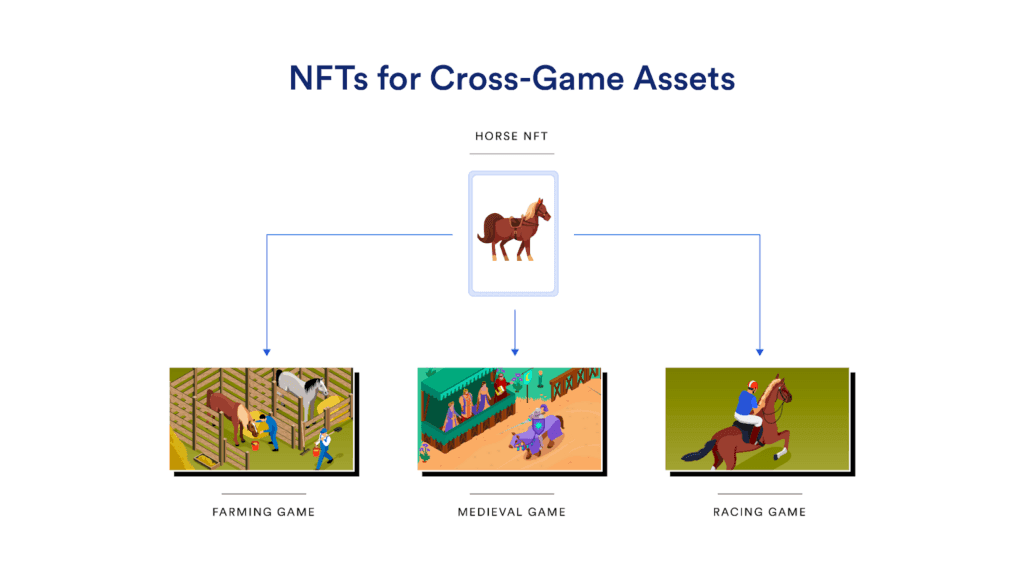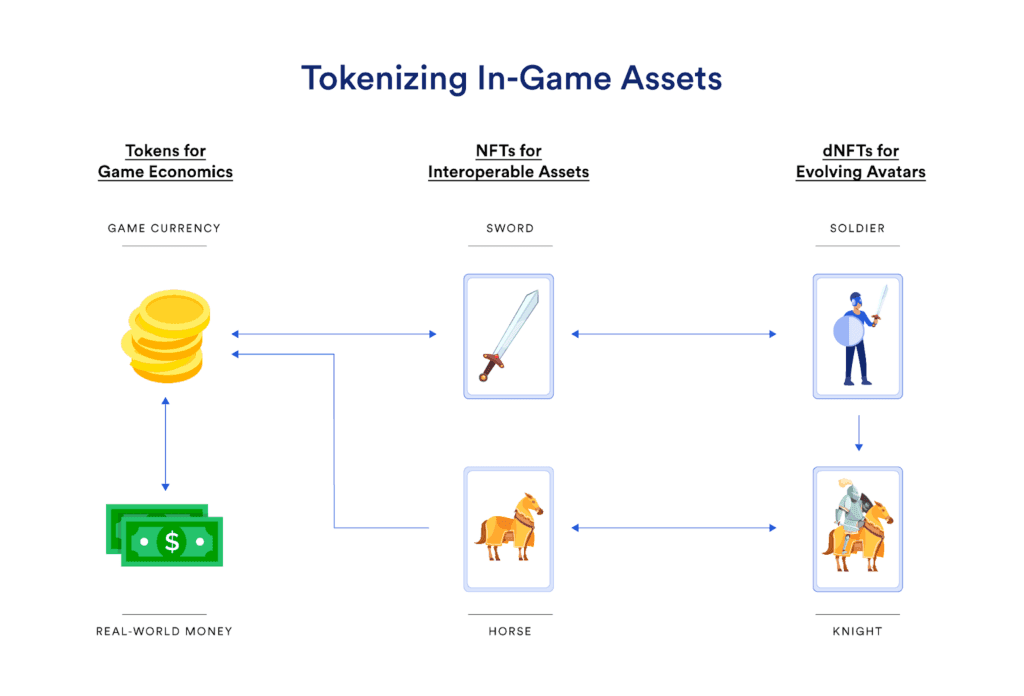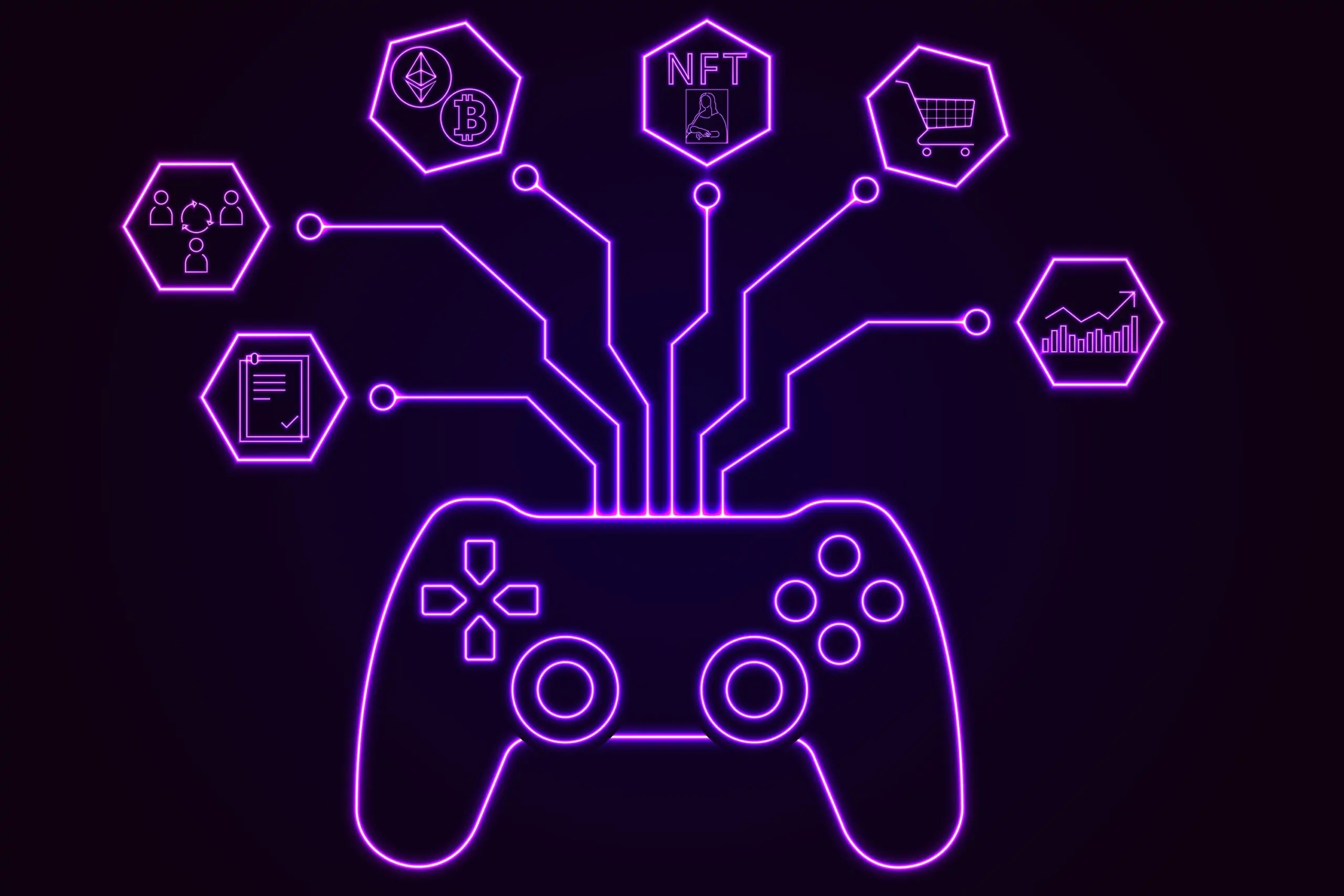The CLARITY Act, a proposed bill currently under review in the U.S. House of Representatives, could mark a significant shift for the web3 gaming industry. For years, developers have been navigating unclear regulations around tokenized in-game assets, leading many to delay or abandon plans to integrate blockchain technology into their games. If passed, the CLARITY Act would help provide a clearer legal framework, making it easier for developers to build and launch compliant web3 games.

What Is The CLARITY Act?
Regulatory Uncertainty's Impact on Gaming
Uncertainty around how gaming tokens are treated under U.S. law has made it difficult for developers to confidently explore web3 features. Large game studios, despite having decades of experience managing complex in-game economies, have generally stayed away from launching tokenized assets. These companies already operate virtual currencies at scale, such as World of Warcraft Gold, Fortnite’s V-Bucks, and League of Legends RP. They understand how to manage digital economies, including inflation controls and item scarcity.
Adding blockchain-based tokens could offer studios several advantages, such as reducing user acquisition costs and improving player retention. With studios spending tens of billions of dollars annually to attract players, even a small improvement in efficiency could have a real impact. But without clear regulatory guidance, many companies have avoided launching tokens due to the risk of future enforcement actions.
At the same time, some web3-native games have chosen to release tokens with little or no in-game utility in an effort to sidestep legal risks. These tokens often launch before any gameplay is available, making it difficult to build sustainable or meaningful in-game economies. As a result, the gaming industry has seen hype cycles driven by speculation rather than game design or utility.

Web3 Gaming Tokens Continue to Decline
What the CLARITY Act Proposes
The CLARITY Act, formally known as the Digital Asset Market Clarity Act of 2025, aims to define how digital assets are classified and regulated. One of the key parts of the bill is an updated definition of “digital commodity” under the Commodity Exchange Act. Under this updated definition, certain digital items would be excluded from regulation as commodities.
Specifically, the bill excludes digital assets that have inherent value or use beyond their existence as digital assets. This includes collectibles, merchandise, virtual land, and video game assets. While this does not automatically mean that a tokenized game item cannot be treated as a security, it provides developers with a clearer path for assessing whether their assets fall under certain types of regulation.
The proposed changes would make it easier for developers to launch tokenized assets like skins, gear, or in-game currencies without the risk of those assets later being reclassified as financial instruments. It would not eliminate all legal risks, but it would provide a stronger starting point for developers and studios trying to navigate the current legal landscape.

NFTs for Cross Game Assets
What This Means for Developers and Players
If the CLARITY Act is passed, it could encourage more AAA studios and indie developers to introduce tokenized assets into their games. With a better understanding of how their tokens will be treated under the law, developers could begin designing more thoughtful and sustainable in-game economies.
This shift could also benefit players, who would gain access to games that offer real ownership of in-game items and assets. Instead of facing limits on what they can do with the content they’ve earned or purchased, players would have more flexibility and control.
The CLARITY Act also has the potential to position the United States as a leader in gaming and blockchain regulation. As countries in Europe and Asia build their own frameworks, this legislation could help the U.S. keep pace and possibly lead in setting global standards for tokenized games and digital economies.

Tokenizing In-Game Assets
Looking Ahead
The CLARITY Act could bring an end to the legal uncertainty that has slowed progress in web3 gaming. If passed, it would help developers build more confident, compliant, and sustainable token economies in their games. It would also encourage a new wave of innovation by making it easier for studios to apply what they already know about game economies to a web3 setting.
For players, it could mean more secure ownership of digital items and a greater role in shaping game ecosystems. For developers, it could lead to better tools, clearer rules, and new ways to grow their communities. As the web3 gaming industry continues to evolve, the CLARITY Act may serve as the foundation for the next phase of its development.



